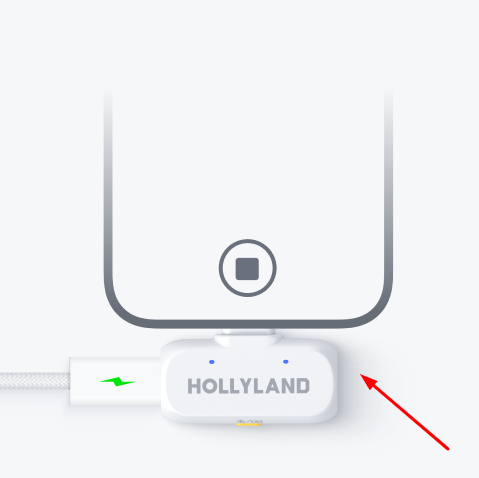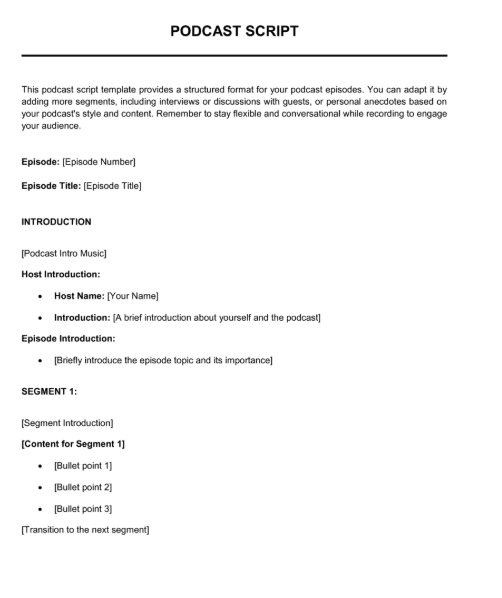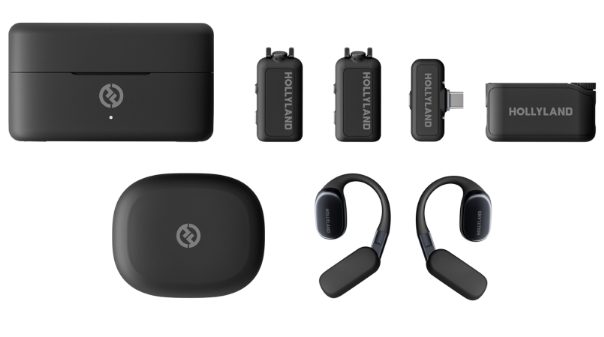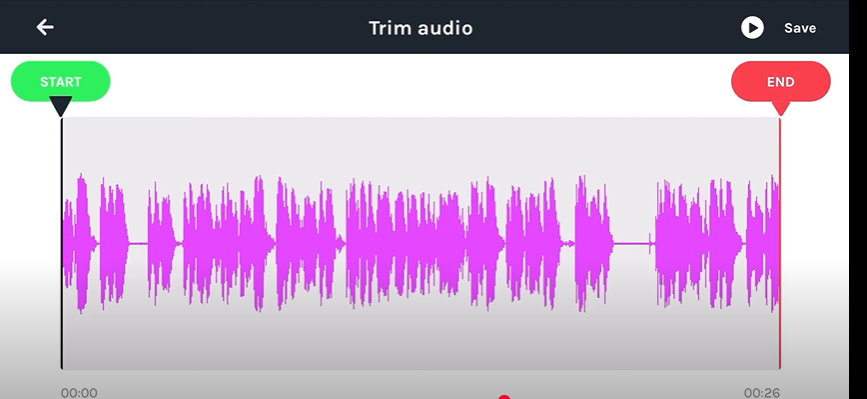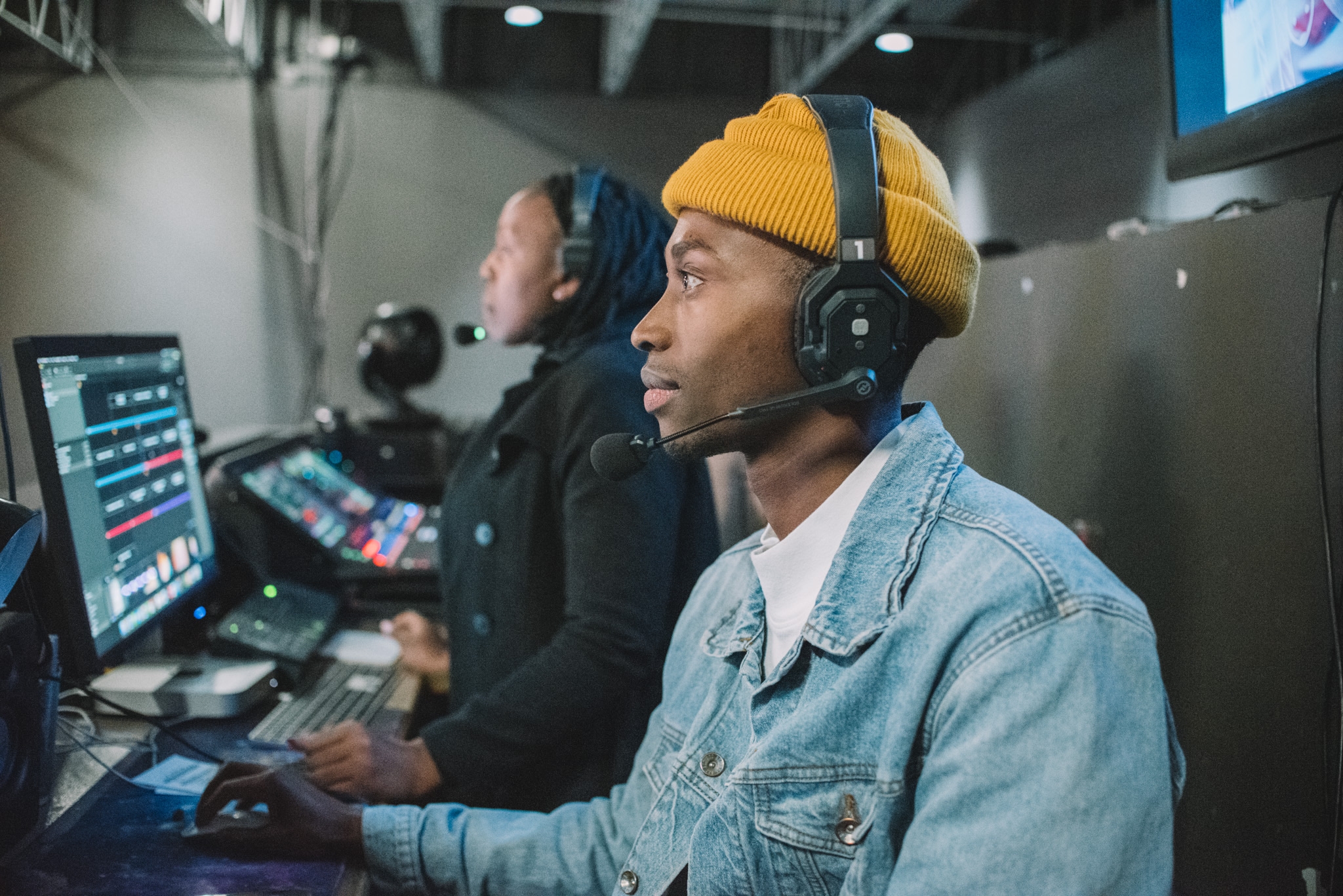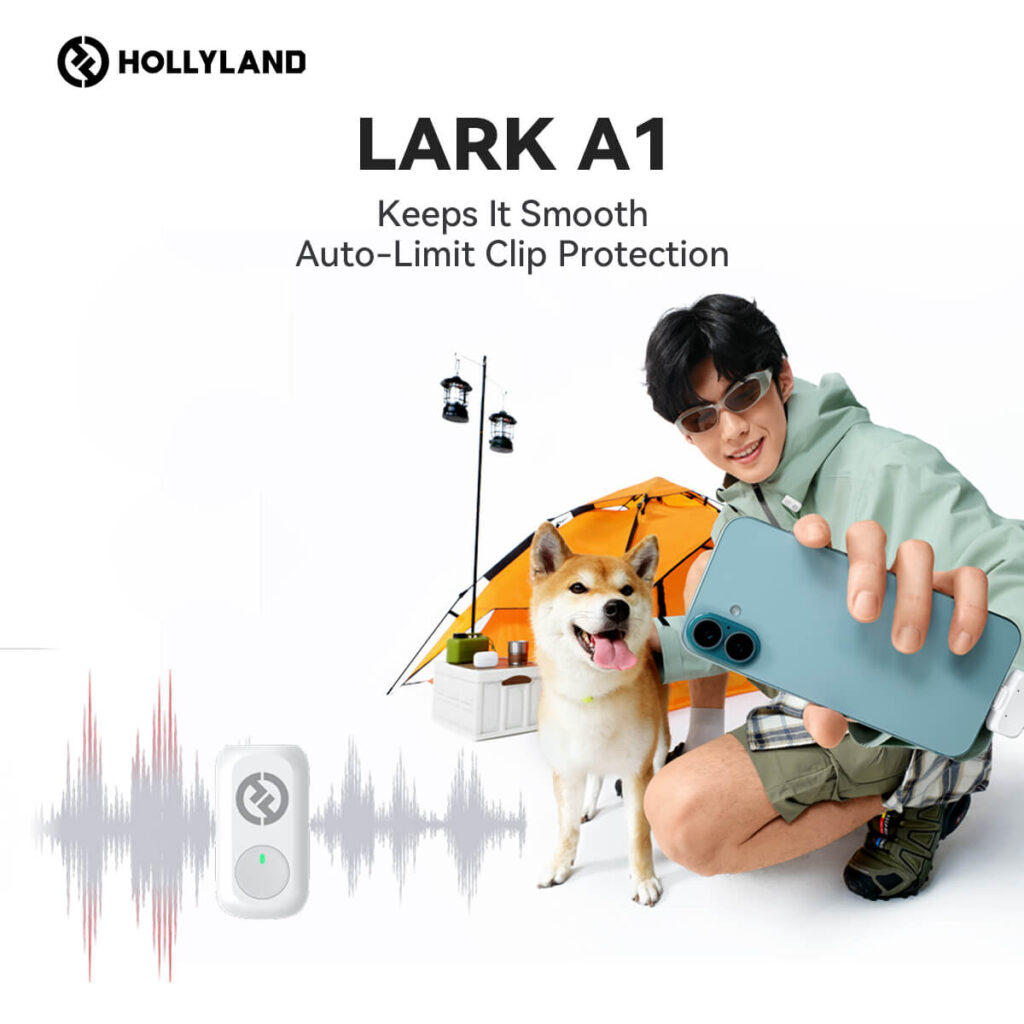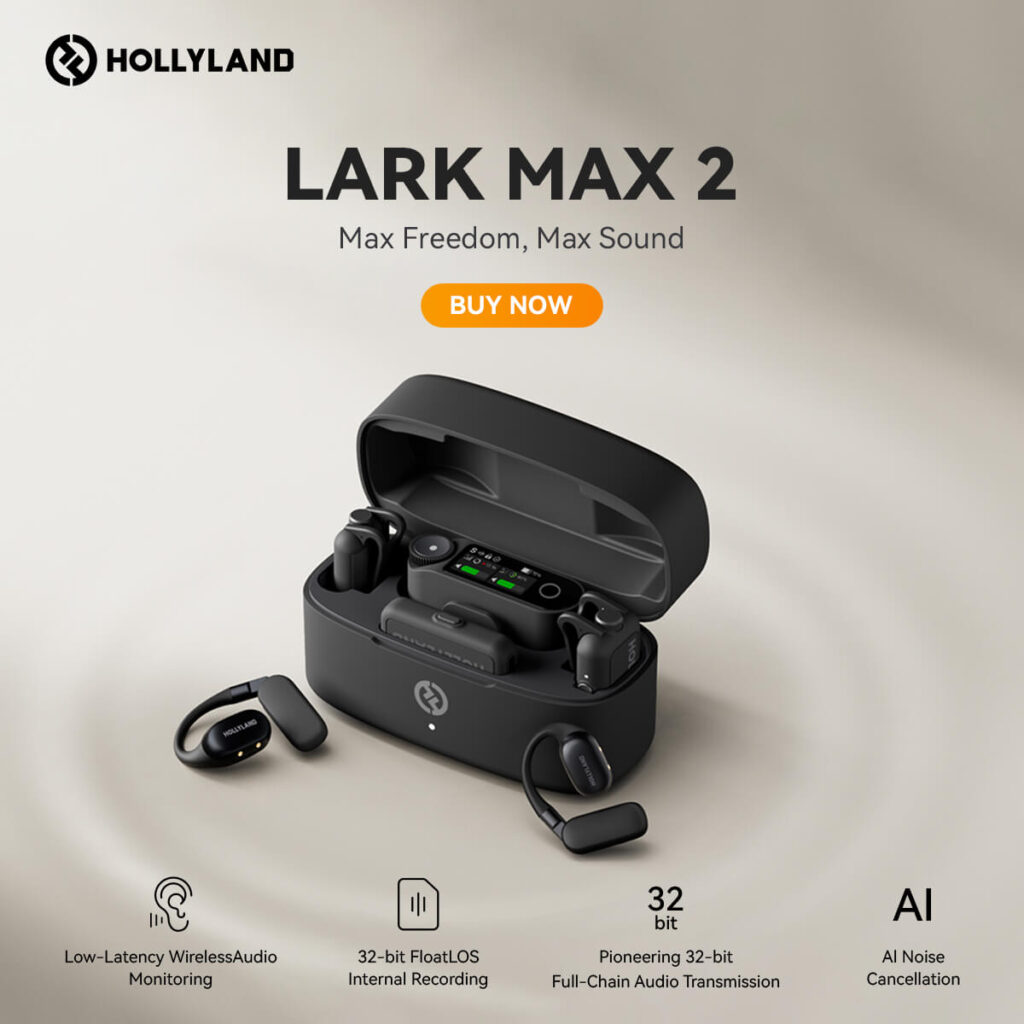Podcasting has become one of the most popular ways to express oneself and share ideas with the world. However, without a good microphone, your podcast can fall flat and leave your audience struggling to hear you. The good news is that you don’t have to break the bank to get a high-quality microphone for your podcast. In this review article, we’ve compiled a list of the 6 best budget podcast microphones that will help you sound great without having to make big investments at the start of your journey. To create this list, we used several criteria to ensure that each microphone met our standards:
- Ease of use: We looked for microphones that were easy to use and set up, even for beginners.
- Price: We also considered affordability, as we wanted to make sure that each microphone was accessible to those on a budget.
- Quality and durability: These were also important factors in our decision-making process. We wanted to make sure that each microphone was built to last and could withstand regular use.
- Sound quality: This was also a key consideration. We looked for microphones that produced clear and crisp audio, with minimal background noise.
- Features: Any additional features that each microphone offered, such as adjustable gain or built-in pop filters, are always good to get.
Keep in mind that these mics are all under USD300, making them some of the most affordable items you can get. Why? Because even though they are not the cheapest mics, we picked devices that didn’t require extra investments on your part, so you don’t have to buy mixers or PAs just to use them. When you finish reading, you’ll be ready to make an informed decision to pick the best mic for your situation. Let’s dig right in!
1. Hollyland Lark M1
For Hollyland Lark M1 to top the list of the best budget podcast microphones is no big deal, but some really great arguments back the product if you think about why it is above other brands like Rode and Blue.
Firstly, the Lark M1 works through the 2.4GHz wireless technology, providing smooth connectivity for content creators. When combined with the compact transmitter (TX) and receiver (RX), the wireless design offers incomparable mobility, removing the obstacles of tangled cords. This is extremely beneficial for hardworking podcasters looking for freedom to move without watching their steps.
When fully charged, the Hollyland Lark M1 gives you a runtime of 8 hours. But this is extendable for up to 20 hours if you use it with the charging case. Moreover, the design includes a USB Type-C port to charge the units whenever needed. Another great thing about the Lark M1 is its compatibility. Whether you want to video record the podcast through your DLSR or phone, Lark M1 supports almost all smart devices.
Another impeccable feature of the Hollyland Lark M1 is the noise cancellation technology. It effectively eliminates ambient noises and provides clear audio recordings. So, compared with the most common wired mics used in the industry, the Lark M1 exceeds due to its wireless connectivity and transmission range of approximately 650ft. This enhanced range ensures high-quality audio throughout different recording environments, giving a significant benefit over traditional wired microphones.
Pros:
- The battery life is pretty impressive
- Hollyland Lark M1 is a pocket-friendly podcast wireless microphone kit
- It has an omnidirectional polar pattern that allows you to capture details without noise
Cons:
- No display on the transmitter
The fact that Hollyland Lark M1 combines wireless freedom, excellent features, and affordability makes it an optimal choice as a high-quality yet budget-friendly podcast microphone.
Quantitative Measurement
- Ease of use: 9/10
- Price: 9/10
- Quality and durability: 8/10
- Sound quality: 7/10
- Features: 8.5/10
2. Samson Q2U

The Samson Q2U microphone is a versatile and affordable option for those looking to record their voice or music. With both USB and XLR outputs, this handheld dynamic microphone is ideal for podcasting, live sound, streaming, and music recording applications.
One of the standout features of the Q2U is its USB output, which allows for easy connection to any Mac or PC device. This makes it a great option for those who want to record directly into their computer without the need for extra equipment. Additionally, the XLR output allows for connection to any mixer or PA system, making it a great choice for live performances.
The Q2U is also incredibly easy to use, with plug-and-play functionality that requires no driver installation. Another great feature of the Q2U is its solid, die-cast construction with a heavy gauge mesh grille. This ensures that the microphone is durable and can withstand regular use.
The included mic clip, tripod stand, tripod stand extension, foam windscreen, USB cable (2.25m), and XLR cable (3m) make it easy to get started right out of the box. This is the most affordable mic you can get without sacrificing quality.
Pros:
- It’s the most affordable mic you can get on this list
- Easy to use and install out of the box
- Versatile due to XLR and USB connection
- Highly durable and comfortable design
- Comes with great add-ons
Cons:
- Not the best sound quality you can get
Samson is somewhat of an underdog when it comes to microphones, but the Q2U is an outstanding value choice. The quality of its design, its versatility, ease of use, and incredible price make it the obvious choice for someone looking for a budget microphone for podcasting. Keep in mind that there are other pricier mics here that offer much better sound quality though.
Quantitative Measurement
- Ease of use: 8/10
- Price: 10/10
- Quality and durability: 8/10
- Sound quality: 6/10
- Features: 8/10
3. Rode NT-USB

The second mic comes from Rode, a widely recognized brand that stands out for its quality. The NT-USB microphone is a great option for those looking for a semi-professional-quality microphone at an affordable price. This USB condenser microphone is designed for a variety of uses, including podcasting, gaming, voice-overs, and more.
One of the standout features of the NT-USB microphone is its professional pop filter and tripod, which are included with the microphone. This makes setup a breeze and ensures that you get the best possible sound quality right out of the box.
The microphone also features a high-power headphone output for zero-latency monitoring, which is crucial for podcasters and streamers who need to hear themselves in real time. The onboard monitor level and headphone mix controls allow you to adjust the sound to your liking, ensuring that you get the perfect mix every time.
In terms of sound quality, the NT-USB microphone delivers exceptional performance thanks to its pressure gradient acoustic principle and active electronics. The microphone has a cardioid polar pattern, which means that it picks up sound from the front while rejecting sound from the sides and rear. It’s much better if you have musical applications in mind!
Pros:
- Highly durable
- Easy to use – you can start using it right out of the box
- It has onboard sound adjustment options
- It offers slightly better sound quality than the one above
Cons:
- It’s slightly pricier
If you have slightly more leeway on your budget, getting this mic is a must. Coming from Rode, you can expect outstanding quality and durability, and a much better sound quality when compared to the top one. This one has fewer add-ons, but the onboard sound adjustment options make up for that. Also, this is an older mic, which makes it more affordable than the improved NT-USB+.
Quantitative Measurement
- Ease of use: 8/10
- Price: 9/10
- Quality and durability: 9/10
- Sound quality: 7/10
- Features: 8/10
4. Blue Yeti

The Blue Yeti microphone has been rising through the ranks as a versatile and reliable option for content creators. This USB condenser microphone is designed to capture high-quality audio with ease, making it a popular choice for podcasters, streamers, musicians, and more.
It has high-quality condenser capsules, which capture a clean and clear signal with minimal background noise. This ensures that your recordings sound professional and polished, even if you’re working in a less-than-ideal environment. The microphone also features selectable polar patterns, which give you recording flexibility and allow you to customize your setup for different situations.
The cardioid pattern is ideal for recording vocals or solo instruments, while the stereo pattern is great for capturing a wide soundstage. The bidirectional and omnidirectional patterns are perfect for interviews and group recordings.
In addition to its impressive sound quality and recording options, the Blue Yeti microphone also includes a mute button, which cuts the signal and prevents unwanted noise from being recorded. This is a useful feature for podcasters and streamers who need to take breaks or adjust their setup without interrupting their recording.
The microphone also includes a headphone output and volume control, which let you easily monitor your signal and adjust your levels on the fly. This is especially important for live streaming or recording sessions, where you need to be able to hear yourself in real time.
Overall, the Blue Yeti microphone is an excellent choice for anyone looking for a versatile and reliable USB condenser microphone. This is a mic that was created with content creators in mind, especially streamers, which makes it an almost perfect fit for podcasters as well.
Pros:
- Amazing features – the adjustable polar pattern taking the spotlight
- Very versatile mic
- Very durable design
- Similar sound quality to the one above
- Cheaper than the one above
Cons:
- It doesn’t provide the best sound quality on the list
Even though this mic is an awesome pick – in fact, it’s almost an industry standard by this point – it’s not the best-sounding mic you can get. With that being said, this is the most balanced pick because it has an amazing price and it’s the most versatile mic you can get.
Quantitative Measurement
- Ease of use: 7/10
- Price: 10/10
- Quality and durability: 8/10
- Sound quality: 7/10
- Features: 10/10
5. Rode Podcaster

The Rode Podcaster microphone is a dynamic end-address USB microphone that delivers broadcast-quality audio. This microphone is perfect for podcasters, voice-over artists, gamers, and live streamers who want to achieve professional-quality sound without the hassle of complicated setups. One of the standout features of the Rode Podcaster microphone is its premium dynamic capsule with a tight cardioid polar pattern.
This provides excellent room noise rejection and ensures that your recordings sound incredibly clear. It also has an internal shock mount and pop filter to enhance the audio quality by reducing unwanted noise. The microphone also includes a high-quality headphone output for zero-latency monitoring.
This means that you can hear exactly what is being recorded in real-time, without any delay or echo. Simply plug it into your computer’s USB port and you’re ready to start recording. The microphone is compatible with both Mac and PC, and no additional drivers are required.
Pros:
- It’s the second-best-sounding microphone on this list
- Still within the affordable price range
- It provides beautiful, crisp sound every time, reducing time spent editing
Cons:
- Much pricier than the ones above
- It doesn’t come with a tripod, only a ring mount to adapt it to a separate arm.
This one is an outstanding mic from Rode. It provides excellent sound quality and ease of use. Still, even though we still consider it an affordable mic, this one does require that you buy extra equipment such as a boom arm or compatible tripod separately.
Quantitative Measurement
- Ease of use: 7/10
- Price: 7/10
- Quality and durability: 9/10
- Sound quality: 9/10
- Features: 5/10
6. Shure MV7 With Mini Tripod

The Shure MV7 is an excellent choice coming from a widely renowned brand. This microphone doesn’t disappoint anyone due to its versatility, and like the Samson Q2U, it’s an XLR/USB hybrid mic. Thanks to that, and due to its superior quality when compared to any of the other mics on this list, it can be used even in professional settings.
This mic was created with podcasters in mind, which means it has specific features that make it the best choice, with a few caveats. Even though there’s no doubt it’s the best-sounding mic on the list, it’s also the priciest, which can send you back to consider any other reviewed here.
However, we believe its top-notch sound quality is a strength that any serious podcaster who’s looking to get the best for less is willing to consider. Aside from its price, it’s not the easiest to use either, so if you’re not well-versed in some computer magic, you might want to skip this one in favor of one of the plug-and-play options.
Pros:
- It’s the best-sounding mic on the list
- It’s got the best features – software add-ons and versatility that can improve the quality of sound much more!
- It’s highly durable
Cons:
- To get the best out of this mic, you must download extra software, which might not be ideal for some users
- It’s the priciest on the list!
Yes, this mic is pricey and slightly harder to use than the ones above, however, it’s the best pick by far. We recommend getting the tripod bundle so you can use it out of the box. If you’re serious about podcasting, getting this mic is a wise choice.
Quantitative Measurement
- Ease of use: 6/10
- Price: 6/10
- Quality and durability: 10/10
- Sound quality: 10/10
- Features: 10/10
Comparison:
| Microphone | Ease of Use | Price | Quality and Durability | Sound Quality | Features | Average Points |
| Hollyland Lark M1 | 9 | 9 | 8 | 8 | 8.5 | 8.5 |
| Samson Q2U | 8 | 10 | 8 | 6 | 8 | 8 |
| Rode NT-USB | 8 | 9 | 9 | 7 | 8 | 8.2 |
| Blue Yeti | 7 | 10 | 8 | 7 | 10 | 8.4 |
| Rode Podcaster | 7 | 7 | 9 | 9 | 5 | 7.4 |
| Shure MV7 | 6 | 6 | 10 | 10 | 10 | 8.4 |
Table breakdown:
The Hollyland Lark M1, Blue Yeti, and MV7 microphones have the highest total points and average points. However, the Lark M1 wins all the comparison categories. Meanwhile, the Shure MV7 scores high in most categories, particularly in sound quality and features, while the Blue Yeti is a much more affordable option and has more advantageous features. The Rode Podcaster microphone has the lowest total points and average points while being the second-best sounding microphone overall. The Samson Q2U and the Rode NT-USB are very balanced picks.
Conclusion
These mics are the best of the best when it comes to both budget and sound quality, especially the Hollyland Lark M1. Lark M1 has proved to be the ideal wireless microphone system for podcasts. But if you’re looking for the cheapest mic that doesn’t sacrifice too much in terms of sound quality, the Samson Q2U is the best option.
However, the Rode NT-USB is a solid pick that provides better sound quality. With that said, if you’re looking for the best sound quality without worrying too much about the price, the Rode Podcaster and the Shure MV7 are the best options you can get, with the MV7 being the superior choice due to its features and sound quality.
The Blue Yeti remains on this list as the overall best value pick, because it’s the most balanced out of all the mics, making it an affordable middle path between price and sound quality, with as many features as you can get. Keep in mind though that these mics will excel in very specific situations.
Even though all of them are suitable for podcasting, there are clear advantages to using one over the others. For example, the Blue Yeti is an outstanding mic to use if you’re planning to have guests on your podcast due to its adjustable polar patterns.
Another example would be that the MV7 and the Podcaster have amazing sound capture features that capture what you want them to, whereas the Samson QU2 benefits from professional recording conditions. That’s why picking the right mic for you comes from studying your current recording conditions, the uses you plan to give to the mics, and the tools you already have.
While traditional microphones are great for podcasts, consider adding flexibility to your setup with a budget-friendly wireless lavalier microphone. Ideal for easy recording, it provides excellent audio quality and versatility, especially if you frequently host guests or record podcasts in multiple locations.
Best Seller
Sale
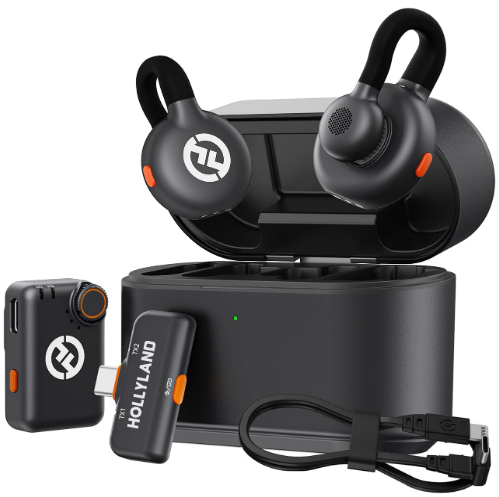
Hollyland LARK M2S – Wireless Clip-on Microphone
- 7g Lightweight, Titanium Clip, Discreet Design
- Clear sound with 24-bit/48kHz, 70dB SNR, 116dB SPL
- Noise Cancellation & 300m Long-Range Stability
- Works with Camera/iPhone/Android/Laptop
- Perfect for Content Creators, Online-Teaching, Streaming
$139
$159
FAQs
1. What is a USB podcasting microphone and how does it differ from other types of microphones?
A USB podcasting microphone is a type of microphone that connects directly to a computer or other device via a USB port. It differs from other types of microphones in that it eliminates the need for a separate audio interface or preamp, making it a more convenient and cost-effective option for podcasters. USB microphones also typically have built-in headphone jacks and volume controls, allowing for real-time monitoring of audio.
2. What are some important factors to consider when choosing a USB podcasting microphone?
When choosing a USB podcasting microphone, some important factors to consider include sound quality, directional pattern, frequency response, sensitivity, and durability. It is also important to consider the intended use of the microphone, as different models may be better suited for solo recordings versus group recordings or live streaming versus pre-recorded content.
3. What are some common features found in USB podcasting microphones and how do they affect sound quality?
Common features found in USB podcasting microphones include adjustable gain controls, multiple directional patterns (such as cardioid or omnidirectional), built-in pop filters or shock mounts to reduce unwanted noise, and LED indicators for monitoring recording status. These features can all affect sound quality by reducing background noise, improving clarity and detail, and providing greater control over recording levels.
4. Are there any additional accessories or equipment needed to use a USB podcasting microphone effectively?
While a USB podcasting microphone is typically all that is needed to get started with podcasting or recording audio content, some additional accessories can help improve sound quality and ease of use. These may include a mic stand or boom arm to position the microphone at the optimal height and angle, a windscreen or pop filter to reduce plosives and other unwanted sounds, and a headphone amplifier or external sound card for improved monitoring and recording capabilities.
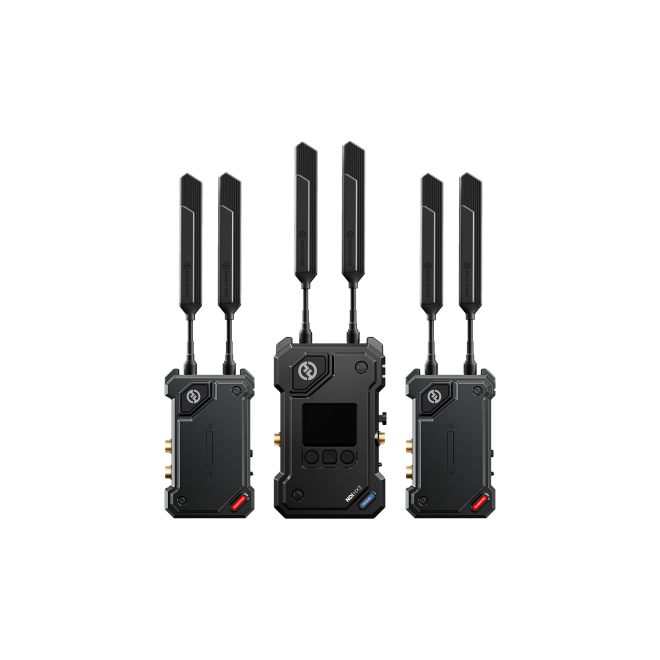
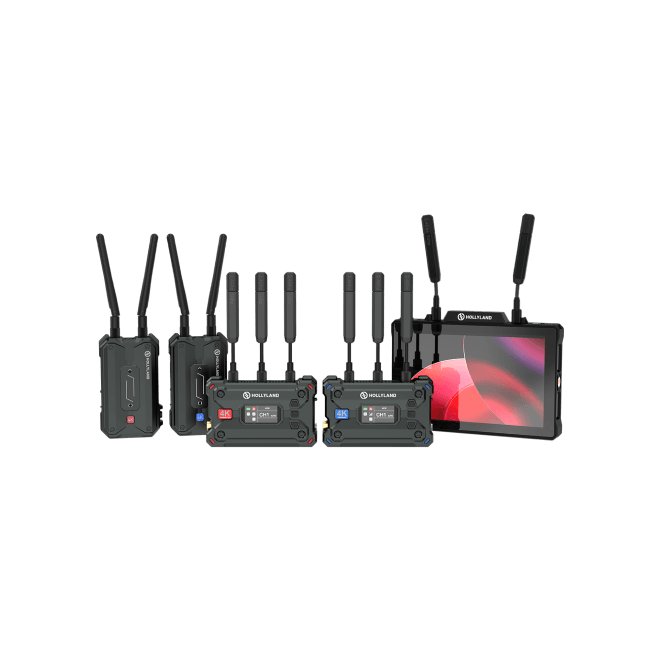
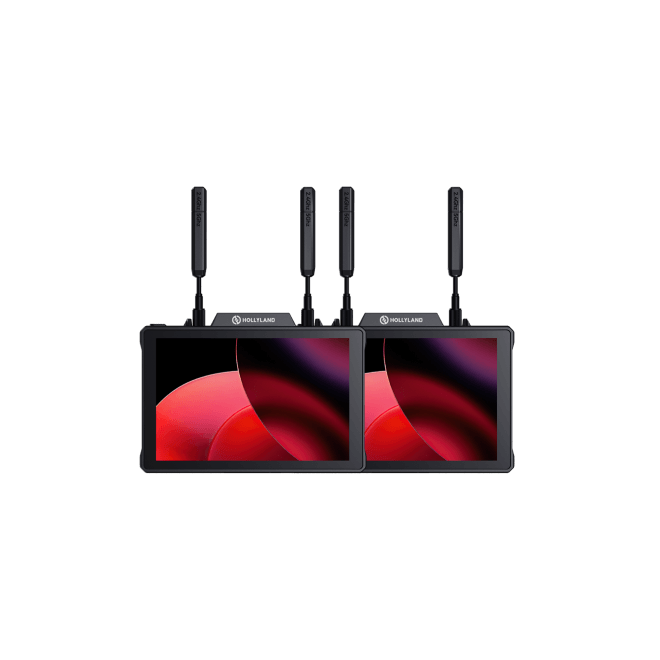
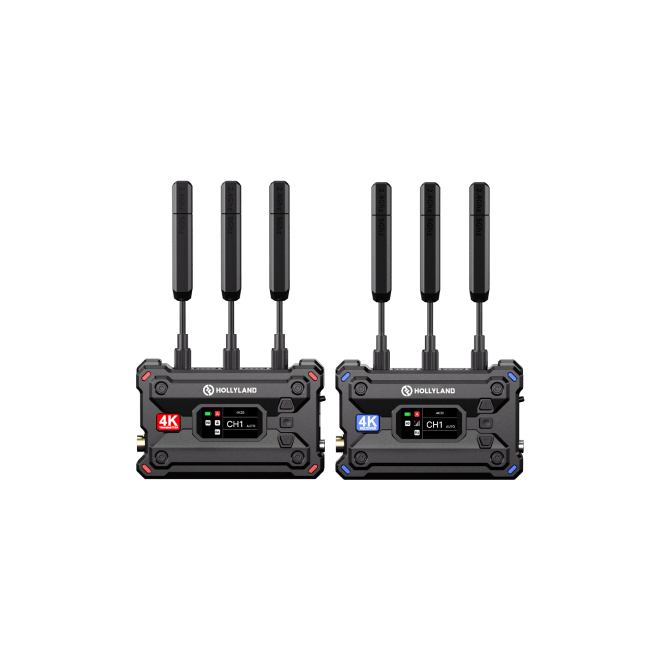
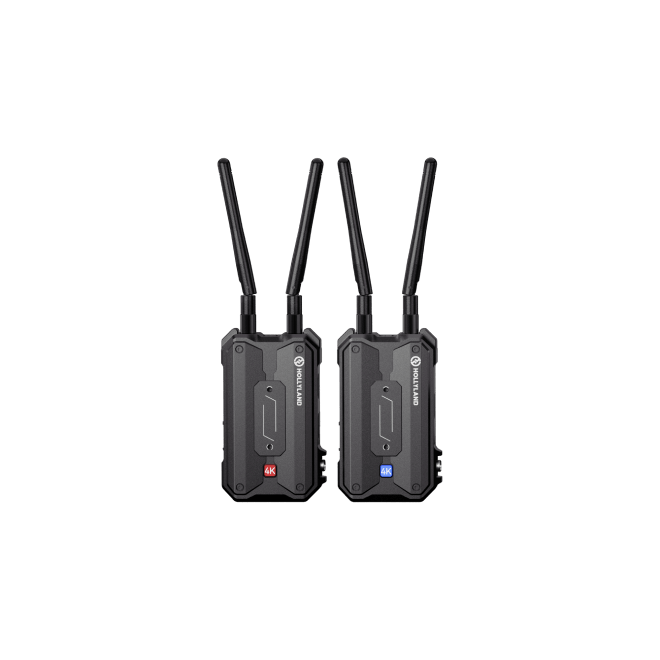
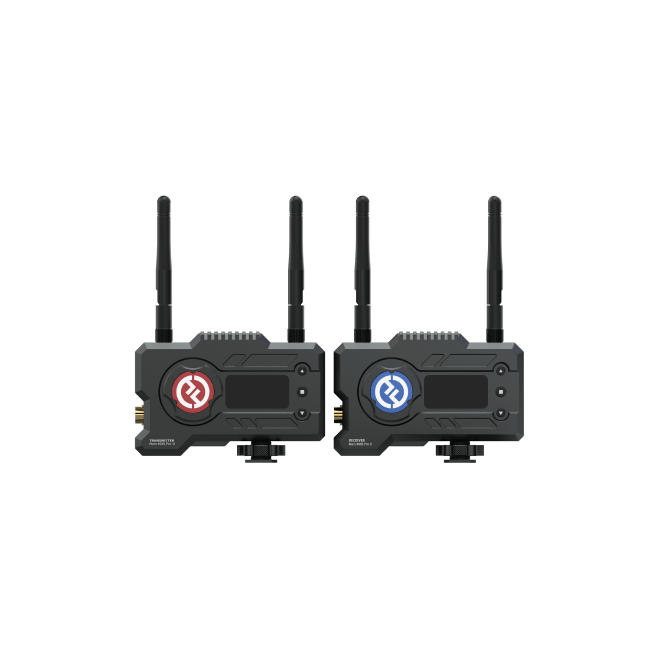
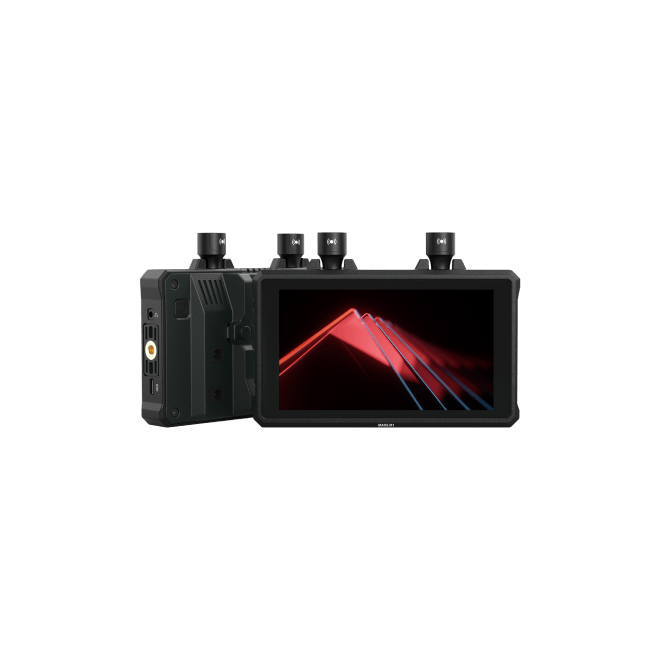
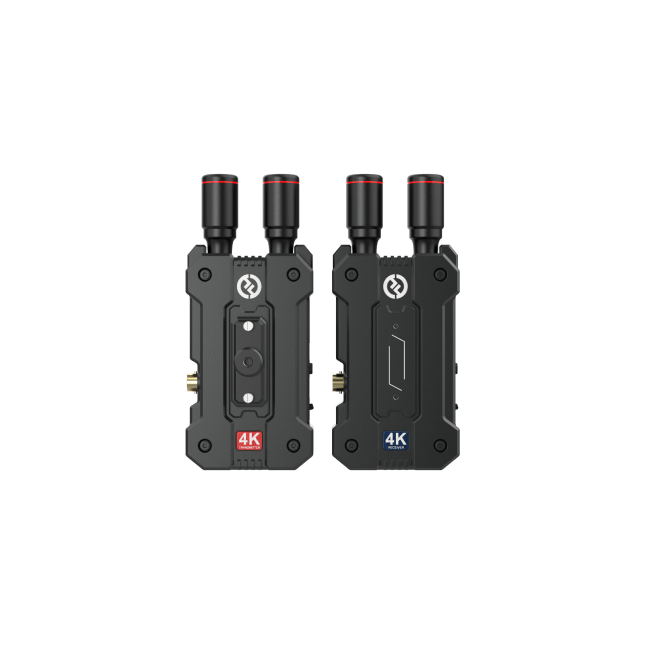
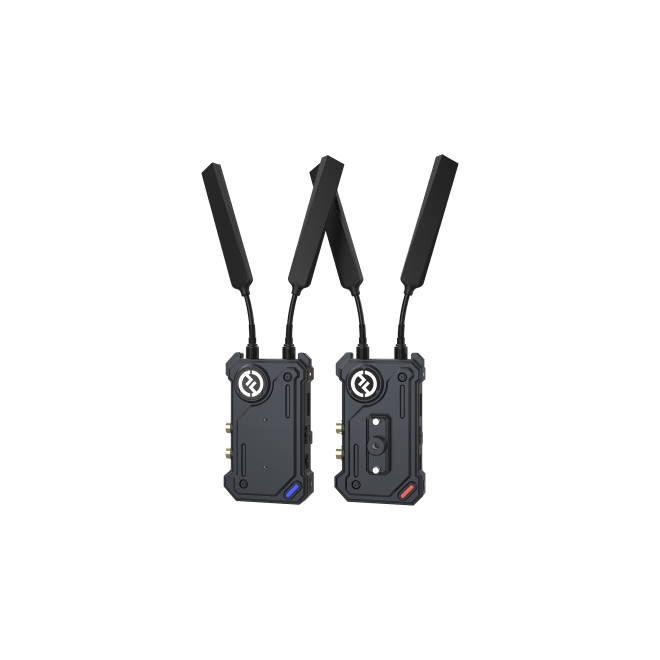
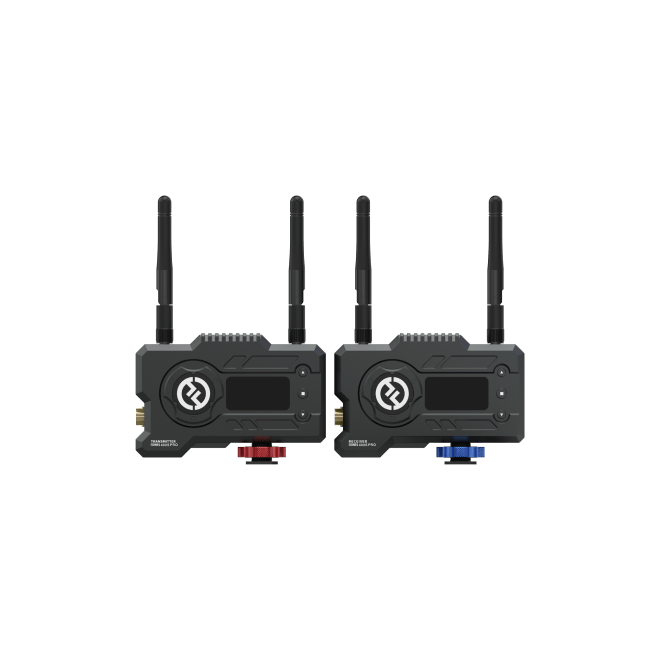
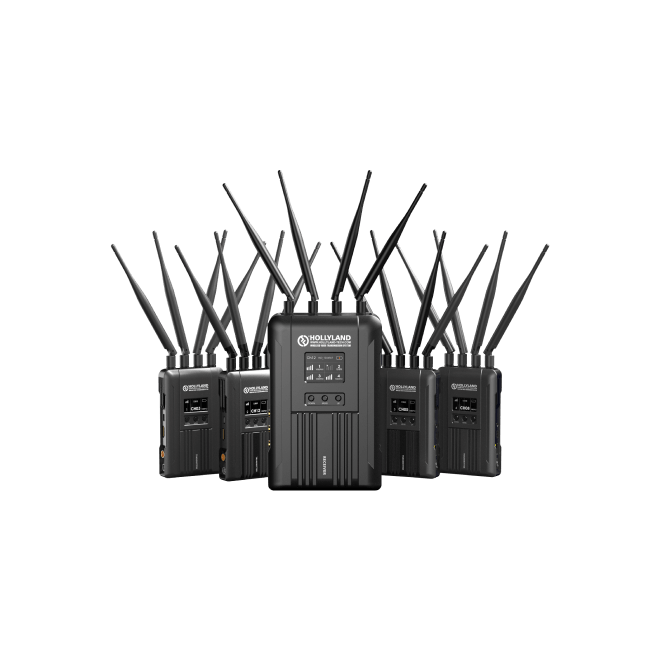

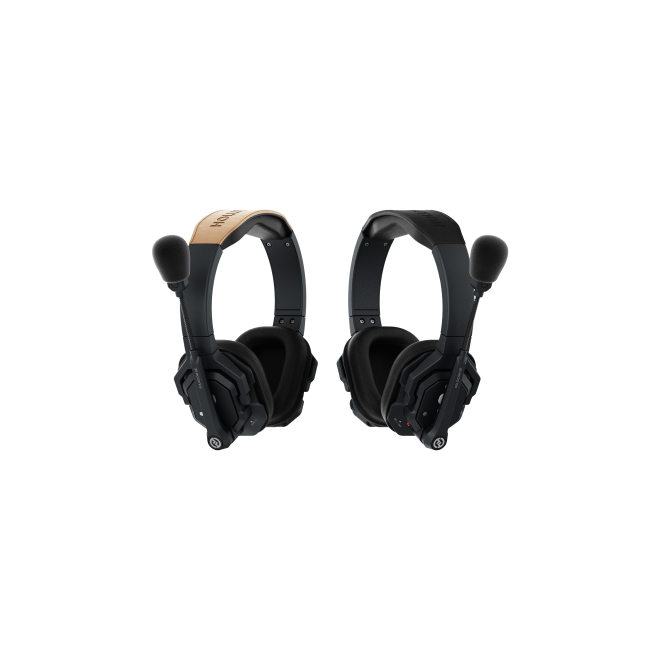

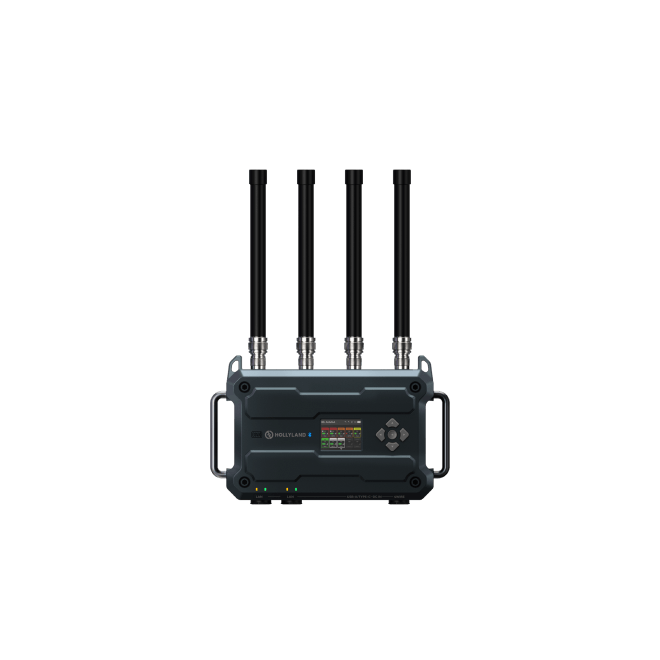
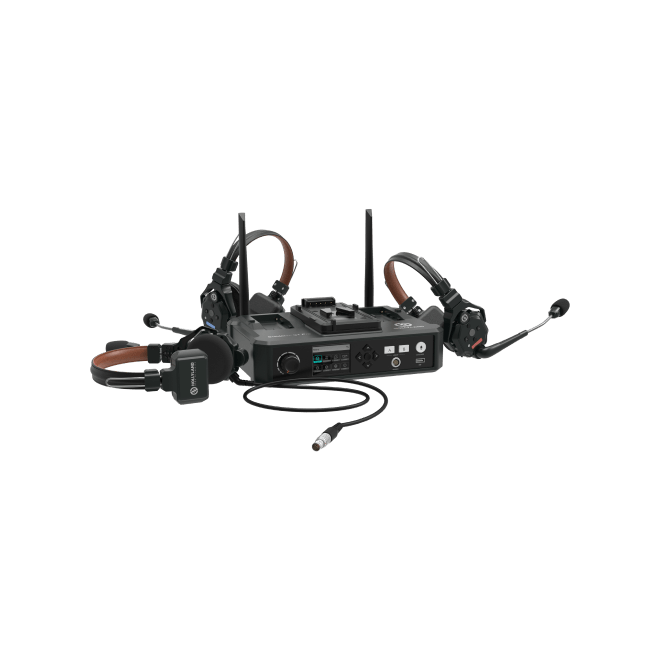
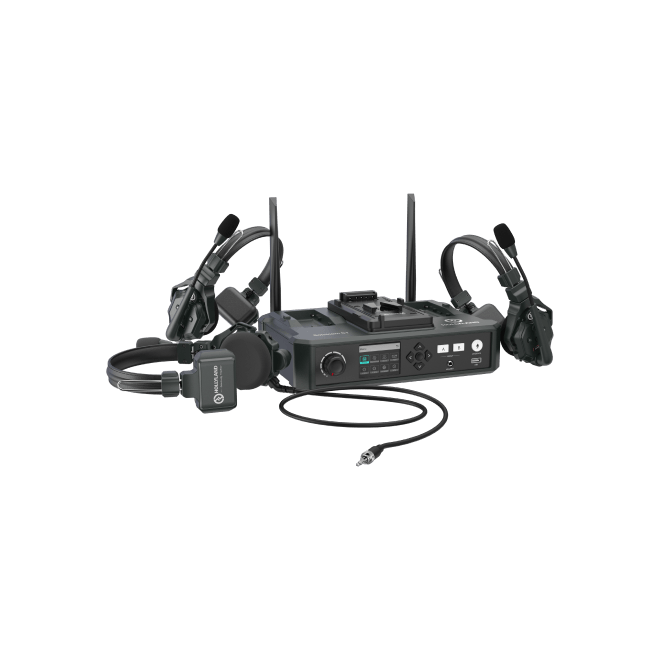
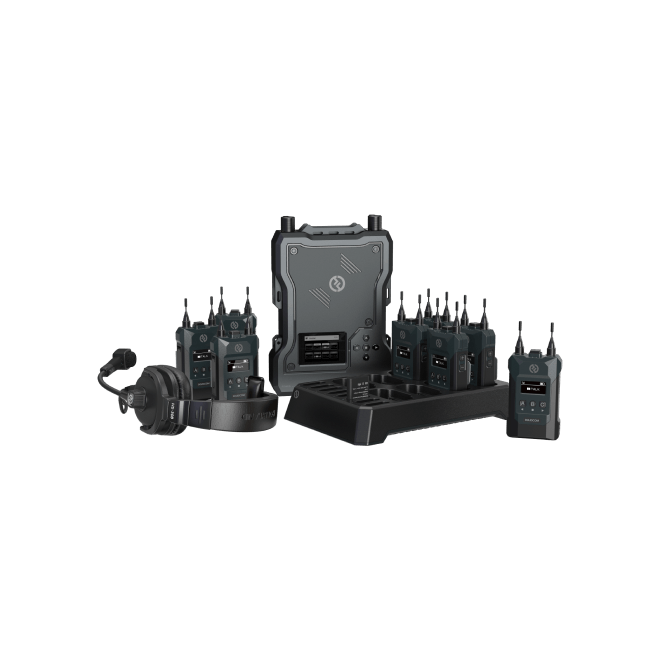
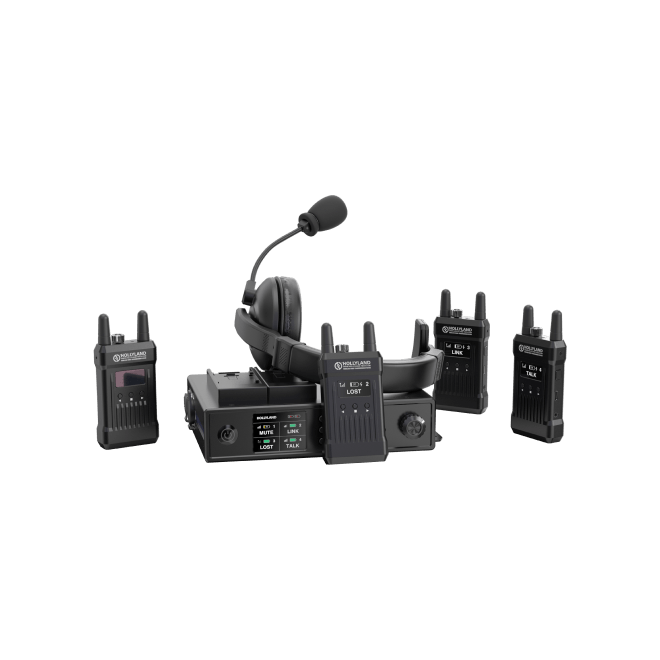
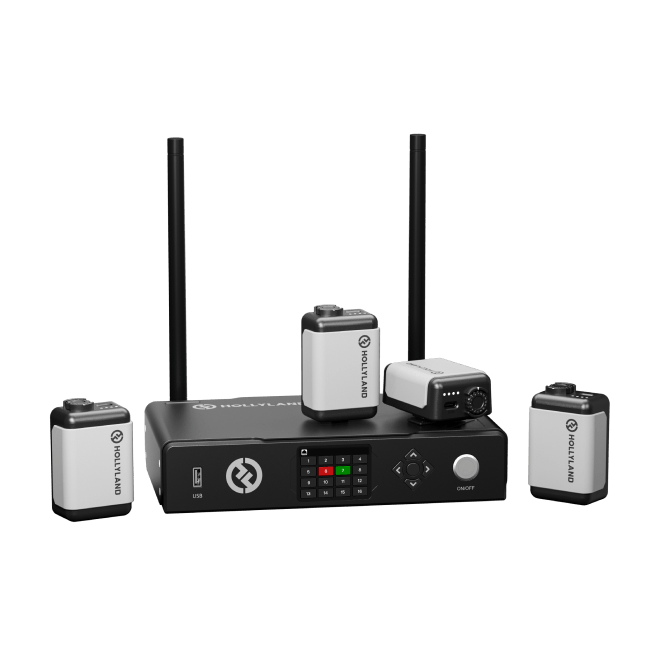
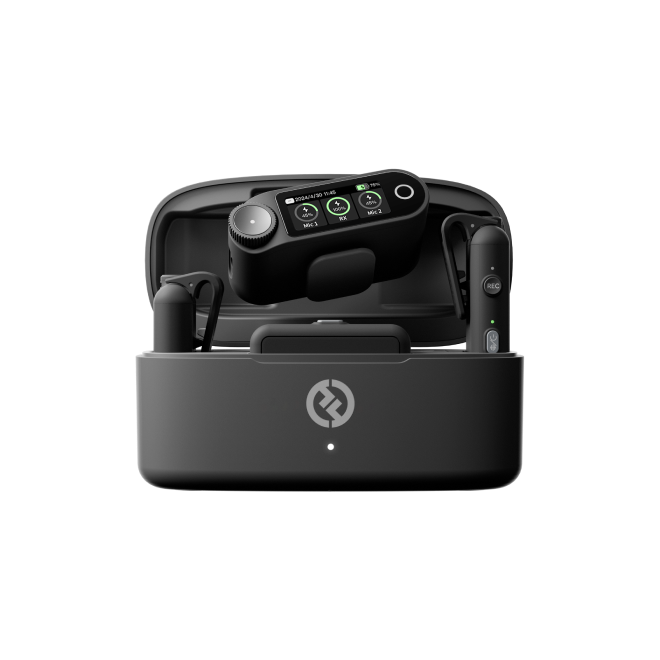
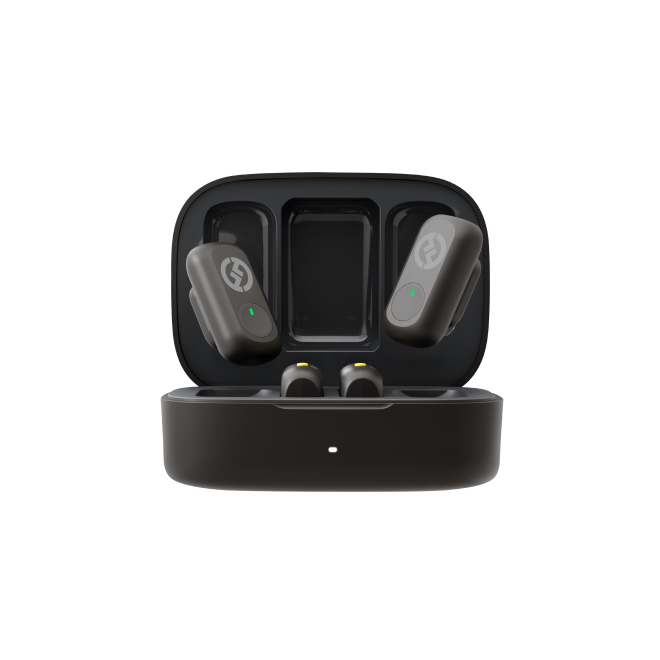

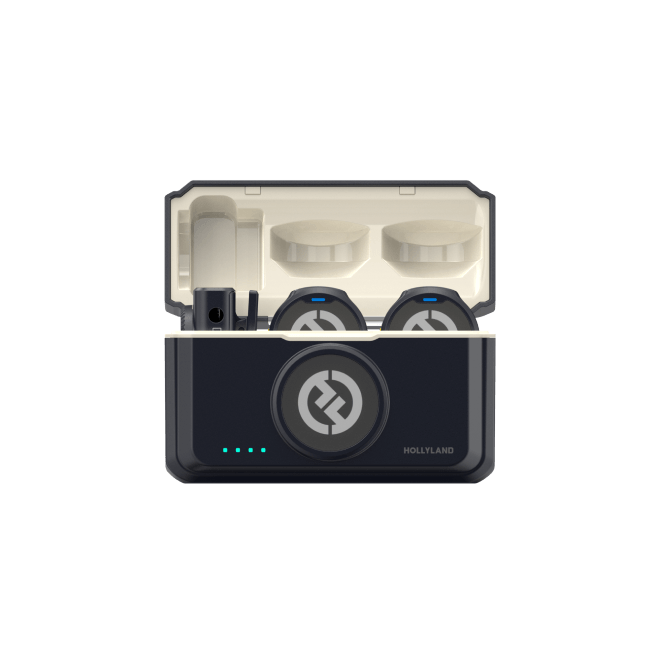
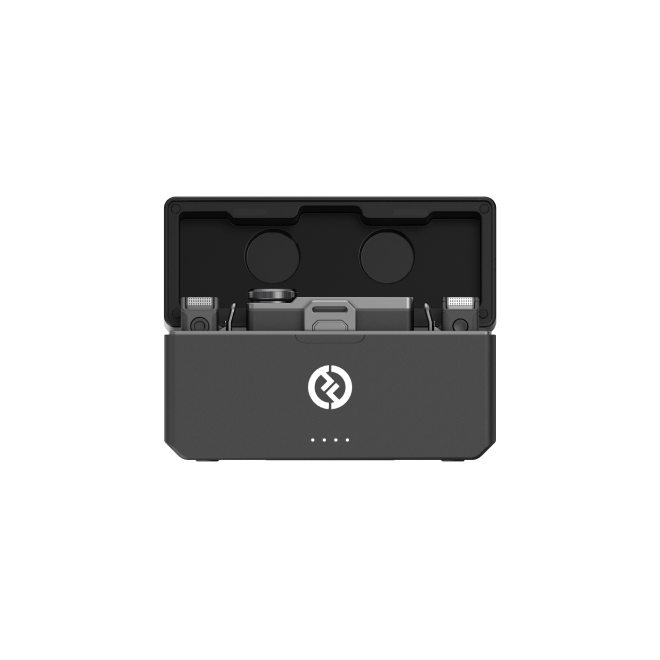
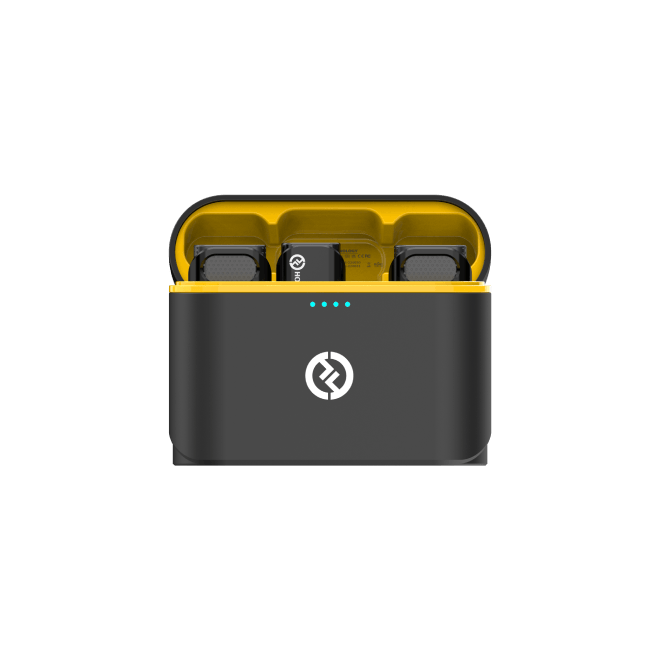
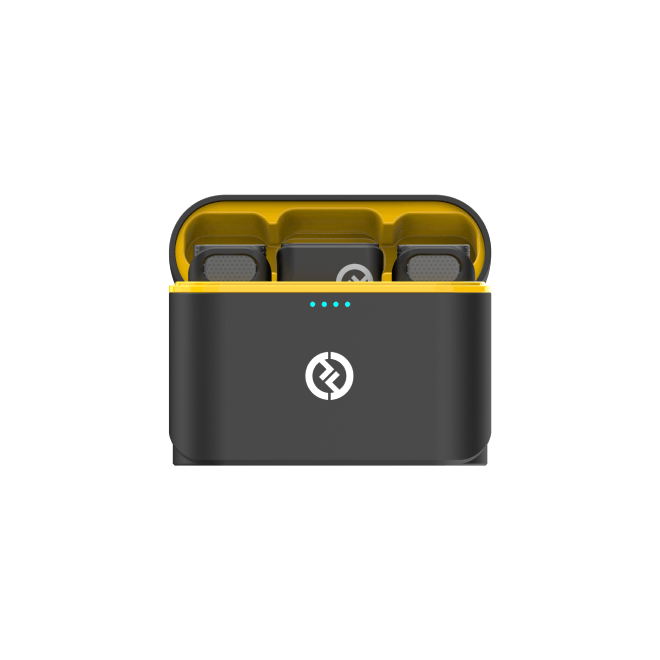
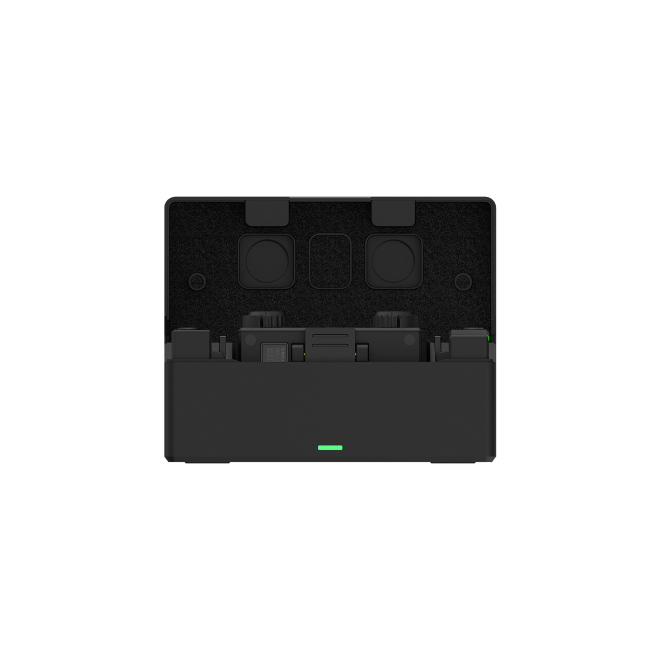
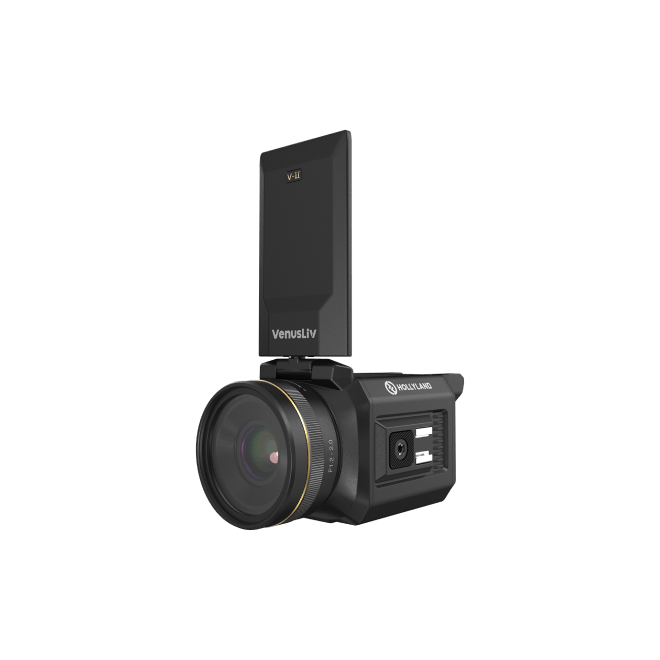
.png)


